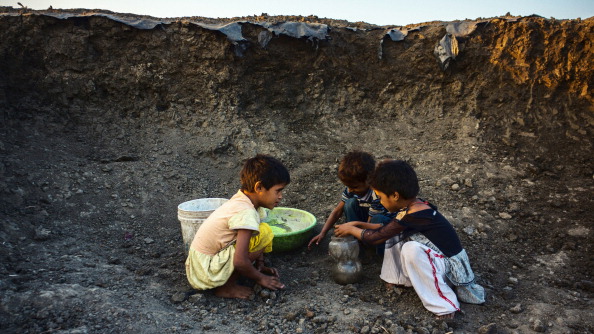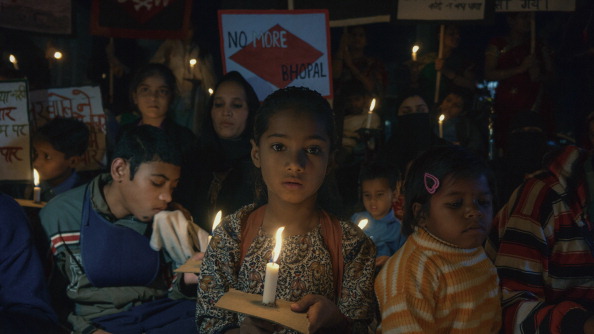
By James Mutti, India Country Specialist, Amnesty International USA
This week marks the 29th anniversary of the world’s deadliest industrial disaster – the 1984 gas leak at the Union Carbide factory in Bhopal, India. If you’re not familiar with the disaster and Amnesty’s recent campaigning concerning Bhopal, read Amnesty USA’s recent blog posts here, here and here.
The gas leak, and the continuing contamination of local soil and water that killed 25,000 people and injured or sickened over 100,000, is indeed horrifying. Much remains to be done to ensure that those responsible for so much human suffering are held accountable and that those whose lives have been so unfairly devastated by the disaster receive justice. At the same time, the strength and determination of Bhopal’s survivors is truly inspiring and has led to a number of important victories.
- Obtaining clean drinking water for more than 50,000 people, including free tap infrastructure
- Obtaining pensions for 5,000 gas-affected widows
- Setting up of a monitoring & advisory committee on health and research of gas victims
- Pro rata compensation distributed to 574,572 survivors
- Stopping Dow from making substantial investment in India. Dow’s projects in Pune and Gujarat have been cancelled
- Securing the blacklisting of Dow Agro Science for 5 years in India for bribing Indian officials
- Stopping an out-of-court settlement between Dow Chemical and the Government of India by exposing lobbying information obtained through the Right to Information Act
- Convincing the Government of India to take up the Polluter Pays Principle, leading it to push Dow and Union Carbide’s liability surrounding the gas leak and environmental damages

Over the past two months, Amnesty USA has co-sponsored the North American Bhopali film tour (with the International Campaign for Justice in Bhopal, the Association for India’s Development, and a number of other organizations). Amazingly, Bhopal survivor and activist Sanjay Verma overcame more than a week in a Washington, D.C. hospital before attending screenings across the country to answer audience questions and to tell his story.
While Sanjay has returned to India, you and your group can still stand in solidarity with Bhopal’s survivors by scheduling your own screening of the award-winning documentary Bhopali (just contact Amnesty USA India Country Specialist James Mutti). And with next year’s 30th anniversary of the Bhopal gas disaster, you can look forward to more upcoming opportunities to ensure that human rights are respected, corporate accountability enforced, and environmental regulations followed in Bhopal, in India, and around the globe.
